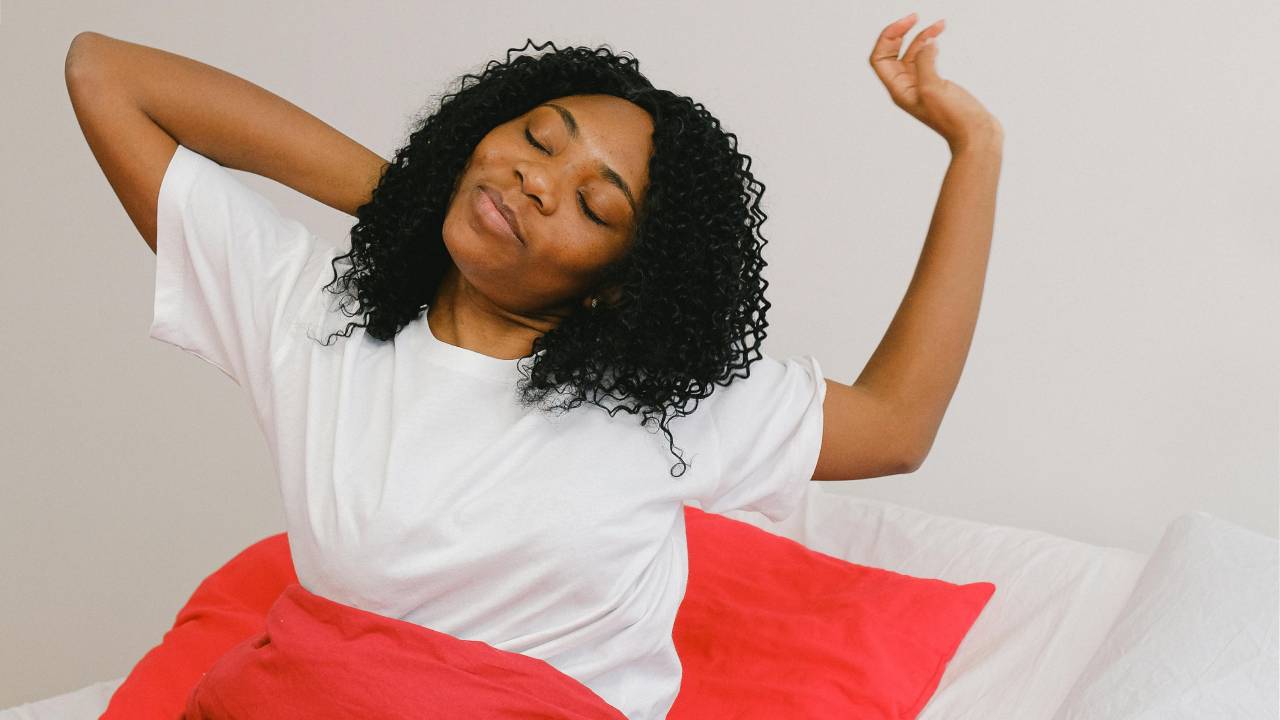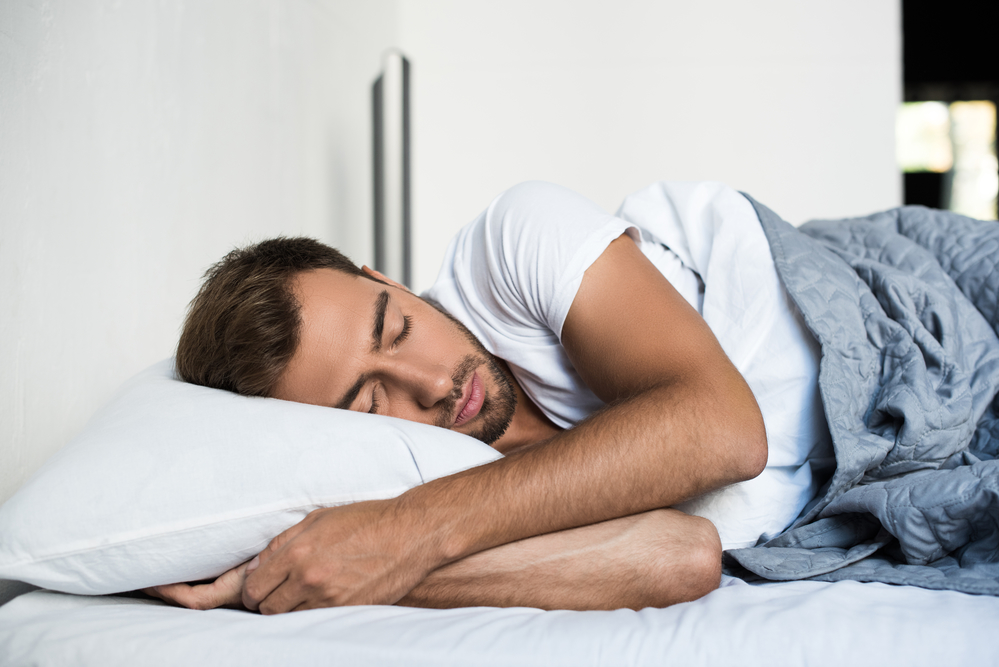5 sleep stages you need to know about, according to health experts
Sleep stages explained: what they are and the stage you need to prioritise the most


When it comes to rest, people tend to think about it in terms of being awake or asleep. However, understanding your sleep stages and cycles is extremely important, as it can give you an in depth insight into how your body rests and recuperates during this period.
Each sleep stage serves a vital function in ensuring we get the adequate amount of rest. The majority of healthy adults need between 7.5-8.5 hours of sleep per night, which totals to around five sleep cycles. As sleep isn’t uniform, your total sleep is made up of several rounds of the sleep cycle throughout the course of the night.
The different ‘rounds’ are composed of individual sleep stages and having good sleep hygiene means you can more easily and healthily transition through these stages, to allow your brain and body to recuperate from the day. To understand the different sleep stages better, I spoke to Dr Unnati Desai, National GP Lead and Professor Ben Kelly, Data Director at Nuffield Health who explained each sleep stage and what it does for your sleep.
P.S. Set yourself up for sleep success by upgrading to the best mattress.
What are the five different sleep stages?
According to Dr Desai and Professor Kelly, there are “five stages of sleep and each distinct stage serves a different purpose.” A complete sleep cycle can take an average of 90 -110 minutes, and “you cycle through all five stages several times each night, and not always in the same order.”
Stage 1: The lightest sleep or N1
The first stage of sleep is the lightest stage of sleep and is also a non-REM stage (N1). Non-REM sleep makes up sleep stages 1-4 (as you’ll see below) and is when a person falls asleep and moves from light to deep sleep. This is also when your body temperature will drop, your muscles will relax, your breathing and heart rate will slow down and your eye movements stop.
Get all the latest news, reviews, deals and buying guides on gorgeous tech, home and active products from the T3 experts
Stage 1 is known as “the transition phase, where you feel yourself drifting off,” explain the experts from Nuffield Health. “You don’t spend too much time in this stage, typically five to 10 minutes, just enough to allow your body to slow down and your muscles to relax.”

Stage 2: Light sleep or N2
The second stage of sleep is still considered light sleep but it’s not the lightest and you’re further along the transition process. This is the stage where “your brain activity starts to slow down, as well as your heart rate and breathing. You’re beginning to reach a state of total relaxation, in preparation for the deeper sleep to come.”
Stage 3 and Stage 4: Deep sleep or N3
Stage three and four are the deep sleep stages, “with stage four being more intense than stage three.” This stage, also known as N3, is the deepest rest that you experience, and the most important stage of your sleep cycle. Dr Desai and Professor Kelly explain that it’s “during the deep stages of sleep that the body repairs and regrows tissues, builds bone and muscle, and strengthens the immune system.” It’s the stage that should be prioritised the most, although it only takes up a couple hours of the night.
Stage 5: Active sleep / REM (rapid eye movement)
The fifth and final stage of sleep is active sleep or REM sleep. During this stage, your “blood flow, breathing and brain activity increases, and you can have intense dreams as the brain is very active.”
Now that you understand all the sleep stages, make sure to check out these 27 sleep tips that can help you sleep better night after night.

Beth is Home Editor for T3, looking after style, living and wellness. From the comfiest mattresses to strange things you can cook in an air fryer, Beth covers sleep, smart home, coffee machines, watches, grooming tools, fragrances, gardening and more.
In her spare time, Beth enjoys running, reading, baking and attempting craft projects that will probably end in disaster!